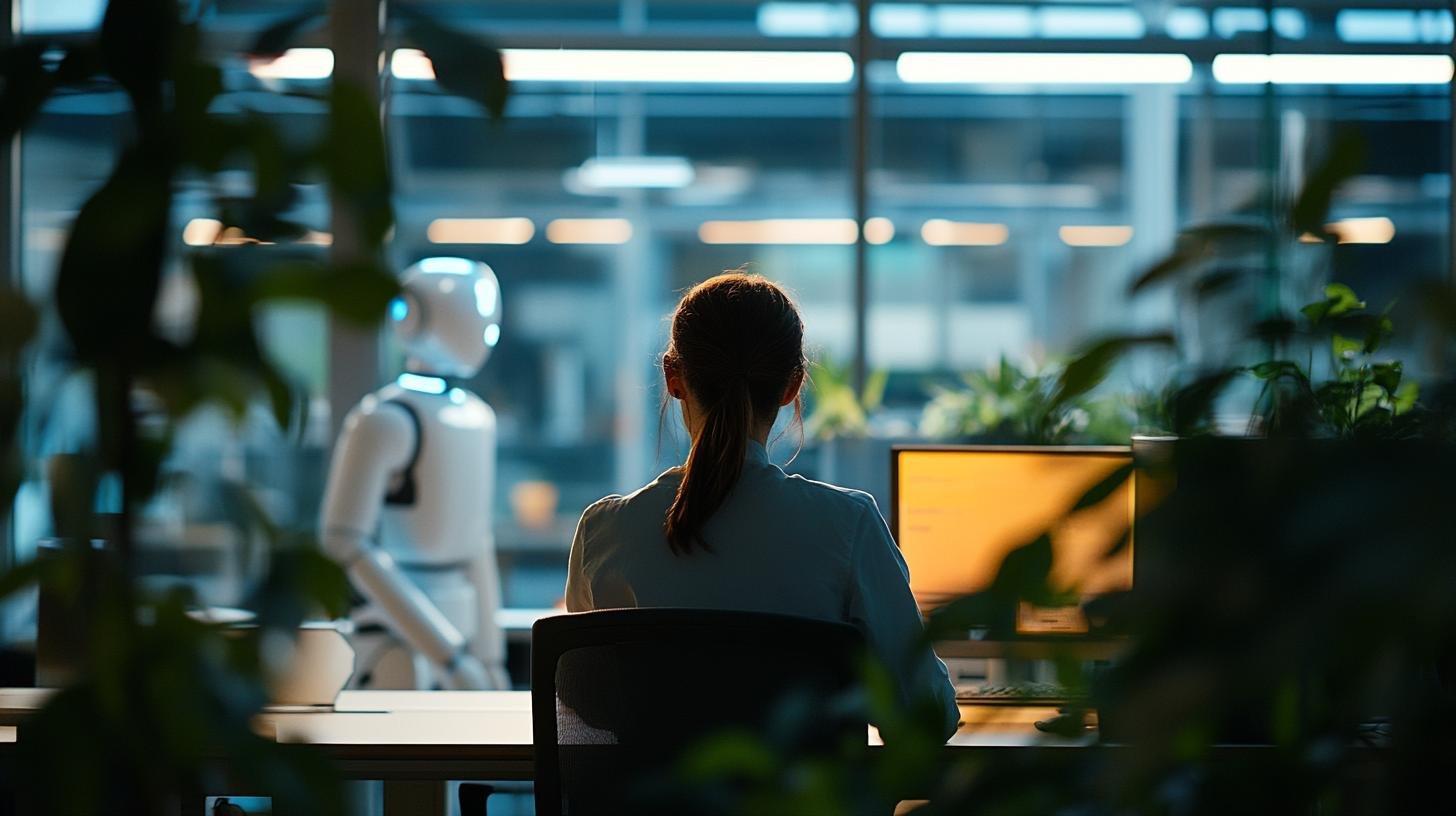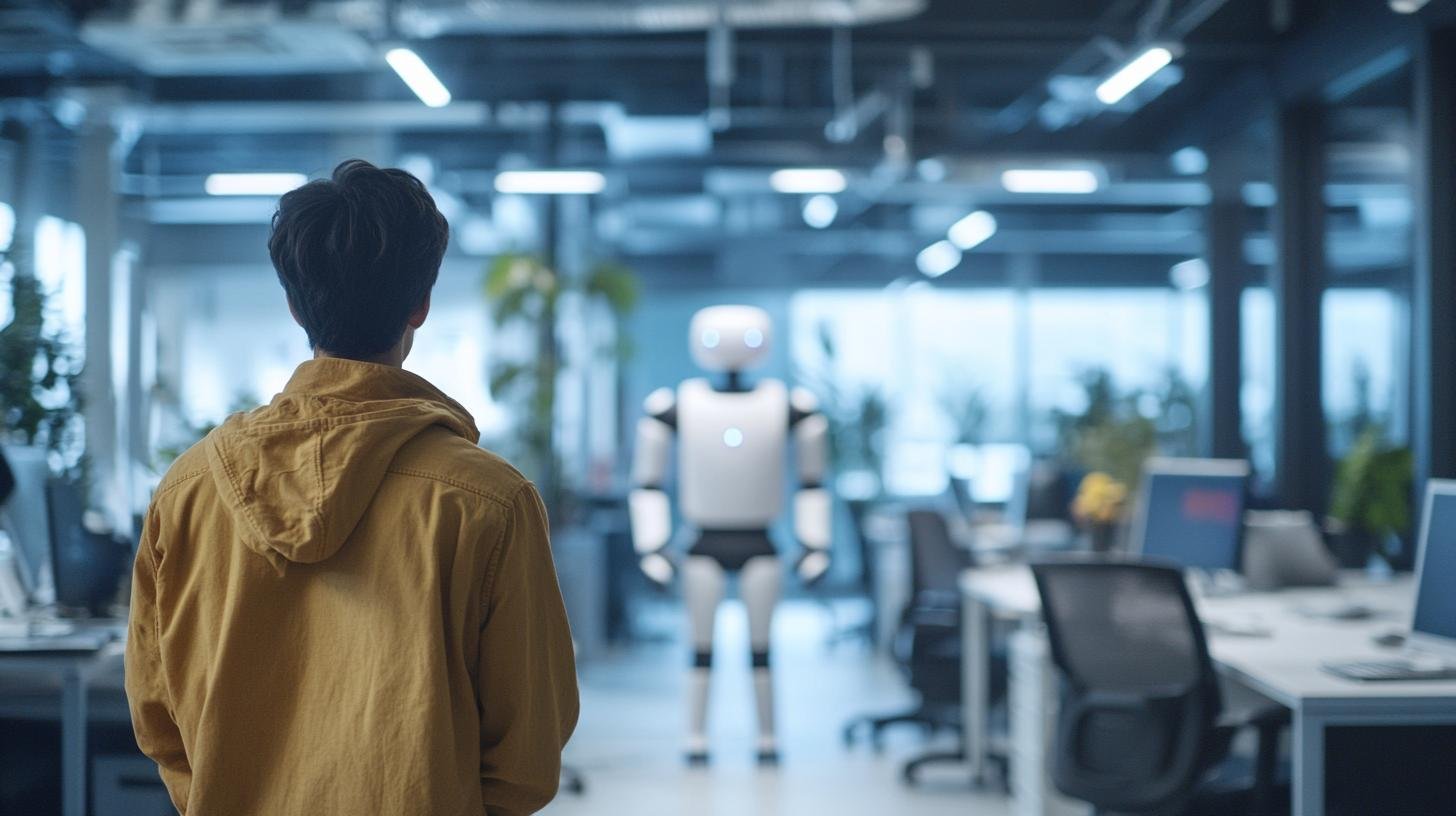AI technology is changing fast, bringing exciting and challenging developments. Companies are adding more AI computing power and making systems more efficient. These improvements lead to better AI software capabilities.
A notable advancement is in AI-generated videos. Soon, AI might create short movies or 15-minute shows. Recent releases from Meta show how advanced AI video generation has become. This software lets users make personalized videos using just a photo. It can place people in any setting, doing activities, and wearing different outfits.

This new technology raises concerns about misinformation and other harmful uses. As AI progresses, people worry about its potential for misuse. Another area of AI growth is its reasoning ability. AI nearly won a medal in the International Mathematics Olympiad. This is a big deal, as it shows AI's improved problem-solving skills.
Microsoft has also helped with energy challenges by reactivating a nuclear power plant. This aids in increasing AI computing capabilities. Algorithms are now more efficient, tackling previous energy issues. OpenAI developed a 01 algorithm that enhances AI reasoning. This algorithm helps AI think before answering, improving its responses in math, physics, and planning.
Elon Musk talks about the "Probability of Doom," a concept about risks AI might bring. He compares it to raising a super-intelligent child. Teaching good values is crucial, as the child will surpass the parent's intelligence. The same idea applies to AI: guiding its development responsibly is essential.
AI's rapid advancement brings both promise and concern. The potential to create, solve, and innovate is enormous. However, the risks of misinformation and misuse require careful oversight. Balancing these aspects is key to a future where AI supports positive growth. Keeping ethical guidelines and safety measures in check will shape AI's role in our lives.





